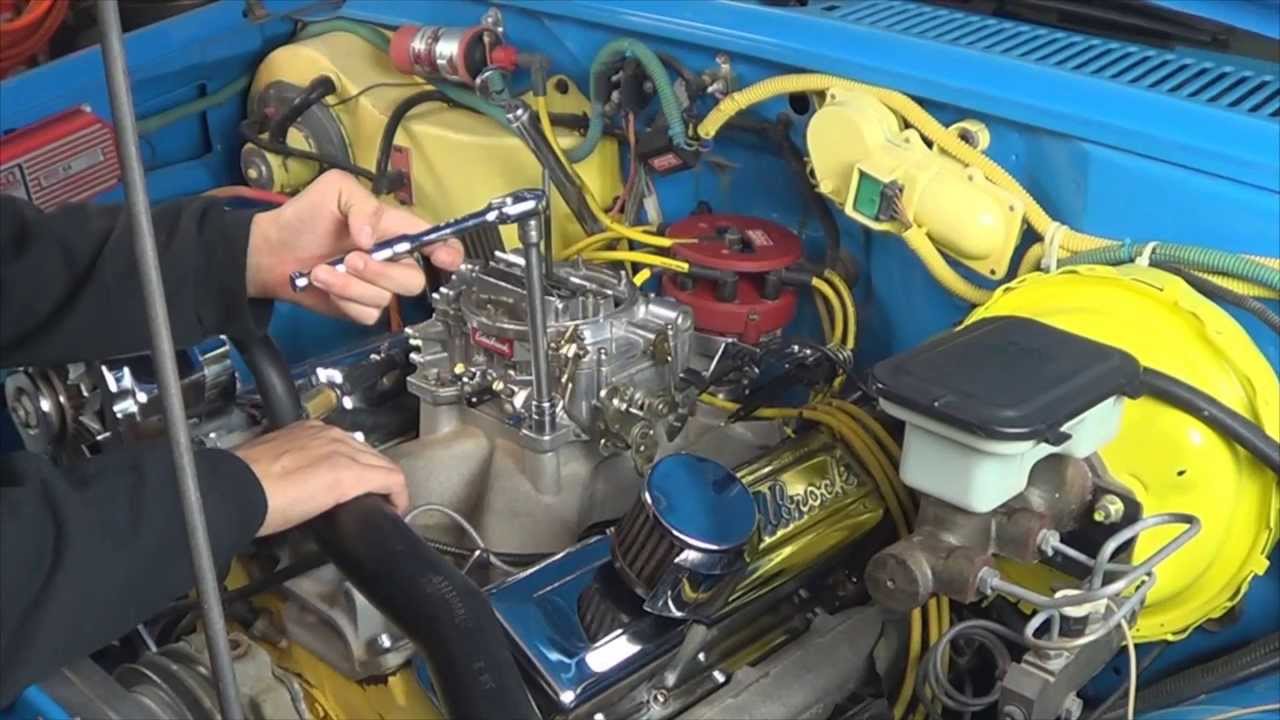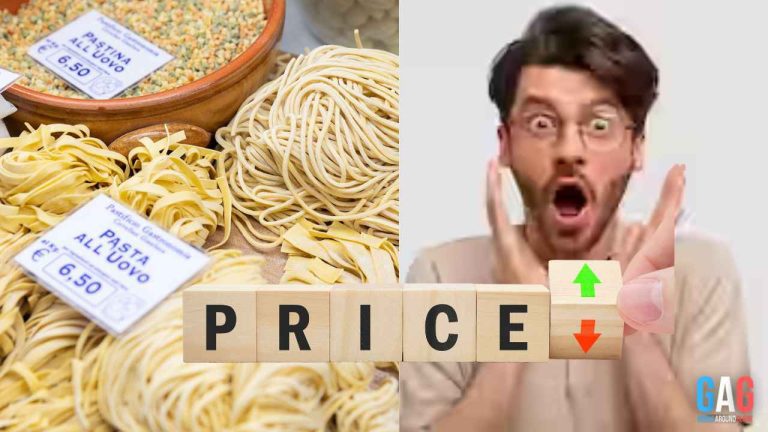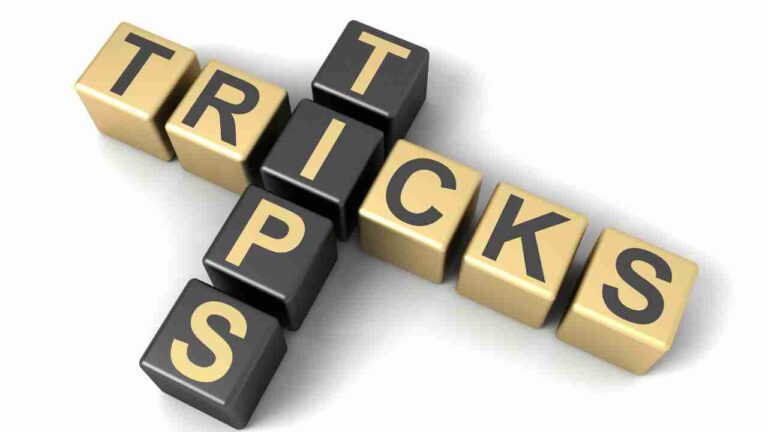The CEO of the Recording Academy, Harvey Mason Jr., has stepped up to clarify if an AI-generated song can snag a Grammy. The fuss centers around a track called “Heart on My Sleeve,” which mimics the voices of famous artists Drake and The Weeknd, but without their approval.
At first, folks were puzzled about whether this AI-made track could score a Grammy, especially in songwriting categories. The confusion came from the fact that a human wrote the lyrics, blurring the line between human and AI creativity.
Copyright Matters
But Mason cleared things up on Instagram, stating that the song “won’t be considered for a Grammy.” Why? Well, there are problems with clearing the vocals, legal issues, and the track isn’t available for commercial use.
The heart of the matter is about consent and copyright, not so much about AI. While the music world adapts to AI-made tunes, tricky copyright issues continue to make things complicated. In this case, “Heart on My Sleeve” got yanked from popular music platforms like Apple Music, Spotify, Tidal, and YouTube. Universal Music Group, representing both Drake and The Weeknd, filed a complaint, underscoring the importance of artists’ rights and copyright.
Ghostwriter’s Continued Journey
Meanwhile, the creator behind the AI track, using the name “Ghostwriter,” hasn’t stopped. Ghostwriter recently released another AI-made song, this time imitating the styles of rappers Travis Scott and 21 Savage. But instead of the usual music outlets, this new track, named “Whiplash,” landed on social media platforms like TikTok and X (formerly known as Twitter).
it’s been awhile… can’t kill a ghost @trvisXX x @21savage out now pic.twitter.com/LsoisHThS5
— ghostwriter (@ghostwriter977) September 6, 2023
Ghostwriter even tagged Travis Scott and 21 Savage, hoping for an official collaboration. So far, neither artist has responded.
In short, this situation highlights how music creation is changing, copyright can be tricky, and AI-generated content poses new challenges. While the music industry navigates these shifts, one thing is clear: Grammy eligibility still boils down to consent, legality, and commercial factors. For now, the robots might need to wait a bit longer for their Grammy moment.







